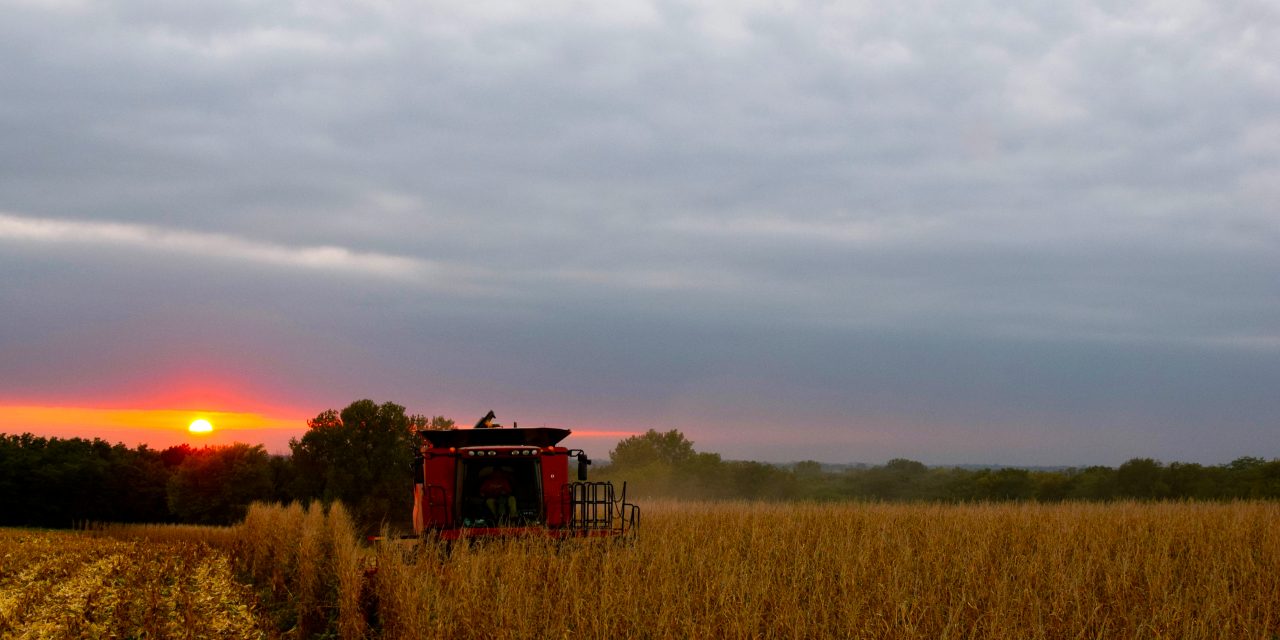After months of negotiations, hearings, debate, partisan wrangling and general exasperation, the farm bill has only one more hurdle to clear before heading to President Trump’s desk. On Thursday, June 28, the U.S. Senate approved its version of the bill with an overwhelming 86-11 vote. This comes on the heels of the House’s much more divisive 213-211 squeaker the week before.
Missouri’s Congressional representatives overwhelmingly supported the bills, with Senators Roy Blunt and Claire McCaskill both voting in favor, plus six of Missouri’s eight members of the House. The only two Democrats in the House delegation provided the no votes. These votes came as no big surprise, as the Senate bill was seen as a broad bipartisan effort while the House bill was a bitterly partisan battle. Both Missouri Farm Bureau and the American Farm Bureau supported both bills and worked with Congressional members to secure their passage.
Congress will now form a conference committee to work out the differences between the two versions and present a compromise bill that each chamber must vote on for final approval. Unfortunately, reconciling the differences between these two versions may be the hardest task yet for this bill. Many members of the House have insisted on retaining their bill’s reforms to the SNAP program, formerly known as food stamps, that would allow states to implement some work requirements on recipients. But these reforms are dead on arrival in the Senate, where they would come nowhere near the 60 votes needed to overcome a filibuster.
The current farm bill’s provisions expire on September 30 of this year – a deadline that looms larger with each passing day. If the conference committee is somehow unable to reach agreement on a final compromise bill or if either chamber votes to reject such a compromise, Congress may be left with no choice but to pass a one-year extension of the current law and come back next year to start this process all over again.
History is not on the side of the optimists, as no farm bill has passed before the previous one expired since 1977. Also, with a midterm election a mere four months away, politicians tend to get cold feet on taking any major votes.
However, agriculture leaders in Congress seem determined to make this year different and get a bill passed as soon as possible. Surprisingly, the amount of attention that will continue to circle around the immigration debate and the appointment and confirmation of a new Supreme Court justice may suck so much oxygen away from the farm bill debate that it is able to move relatively unscathed in the background.
Realistically, any compromise final bill needs to be done before Congress leaves for its August recess. There will undoubtedly be plenty of ups and downs over the next few weeks as the negotiations proceed, and Missouri Farm Bureau will continue to engage with Missouri’s lawmakers to get it across the finish line.


